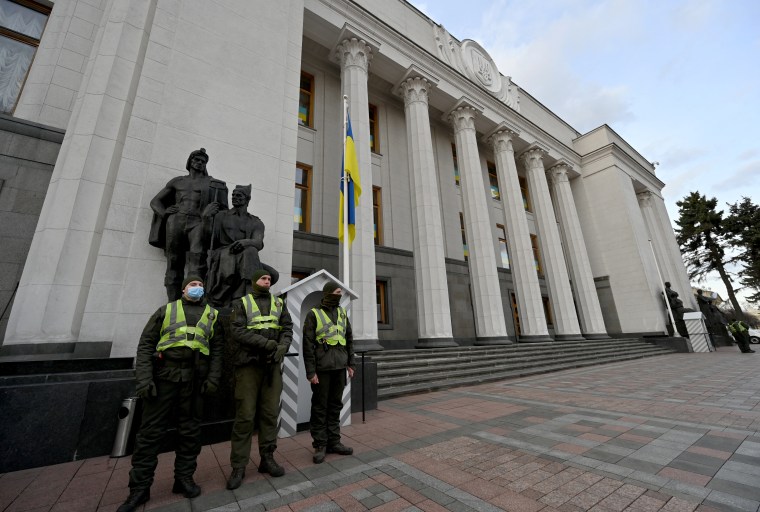Paris, September 13, 2022 – In response to media reports that Ukraine’s parliament passed in its first reading on August 30 a media bill that threatens to restrict press freedom, the Committee to Protect Journalists issued the following statement calling for the bill to be dropped:
“Ukraine’s media bill seriously imperils press freedom in the country by tightening government control over information at a time when citizens need it the most,” said Gulnoza Said, CPJ’s Europe and Central Asia program coordinator, in New York. “Ukrainian legislators should abandon the bill, or at least pause its progress in parliament until the European Union can weigh in with recommendations.”
Ukraine, a candidate to join the EU, is required to reform its media laws–many of which were implemented in the 1990s–in order to begin negotiations for membership. Matti Maasikas, the head of the EU Delegation to Ukraine, said in an interview published on August 23 that the bill was currently under evaluation by the EU and the Council of Europe, which could issue recommendations by the end of September.
The bill has the support of members of the ruling party, which has a majority in the Verkhovna Rada, the country’s parliament. To become law, it would need to pass two more readings in parliament and then be approved by President Volodymyr Zelenskyy.
As of September 13, the website of the Verkhovna Rada did not indicate the date of the second reading. “They have 21 days [after the first reading] to make amendments. But then it can take a month or up to the end of the year to be approved,” Sergiy Tomilenko, the head of the Ukrainian National Union of Journalists (NUJU), a local trade group, told CPJ via messaging app.
If passed, the legislation would expand the powers of the National Council of Television and Radio Broadcasting, the state broadcasting regulator, allowing it to regulate online and print outlets, invalidate the registration and license of any media outlet, block online media without a court order, and request that social media platforms and web browsers remove content forbidden under the law, according to multiple media reports.
According to an analysis posted on Telegram by NUJU, only 10% of the bill directly addressed commitments that Ukraine has undertaken as a candidate to join the EU. “The rest reflects the authorities’ desire to have more influence on the media: to issue injunctions, fines, and shut them down,” Tomilenko said in a statement NUJU posted to Telegram.
The new bill was amended only a few weeks before the vote, without a preliminary discussion with journalists and members of the media, Tomilenko said in the same statement.
CPJ emailed the Verkhovna Rada for comment, but did not receive any reply.
